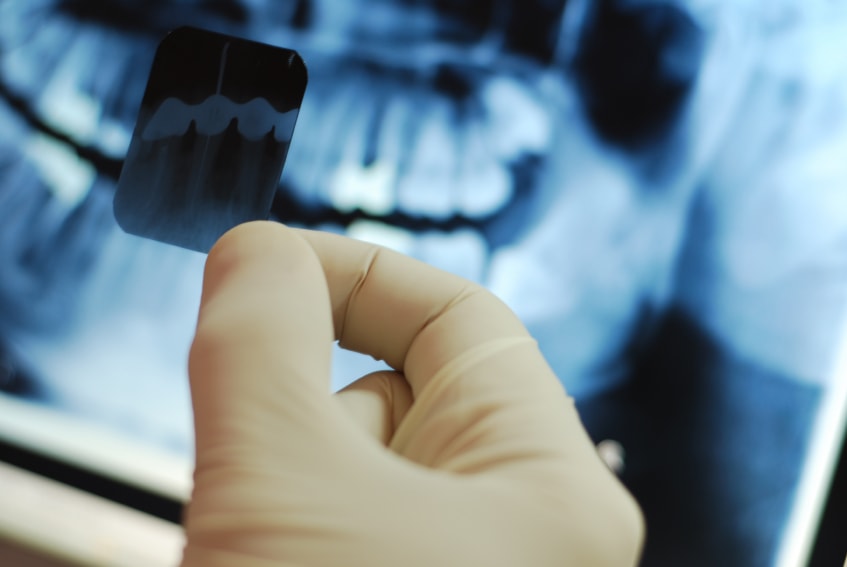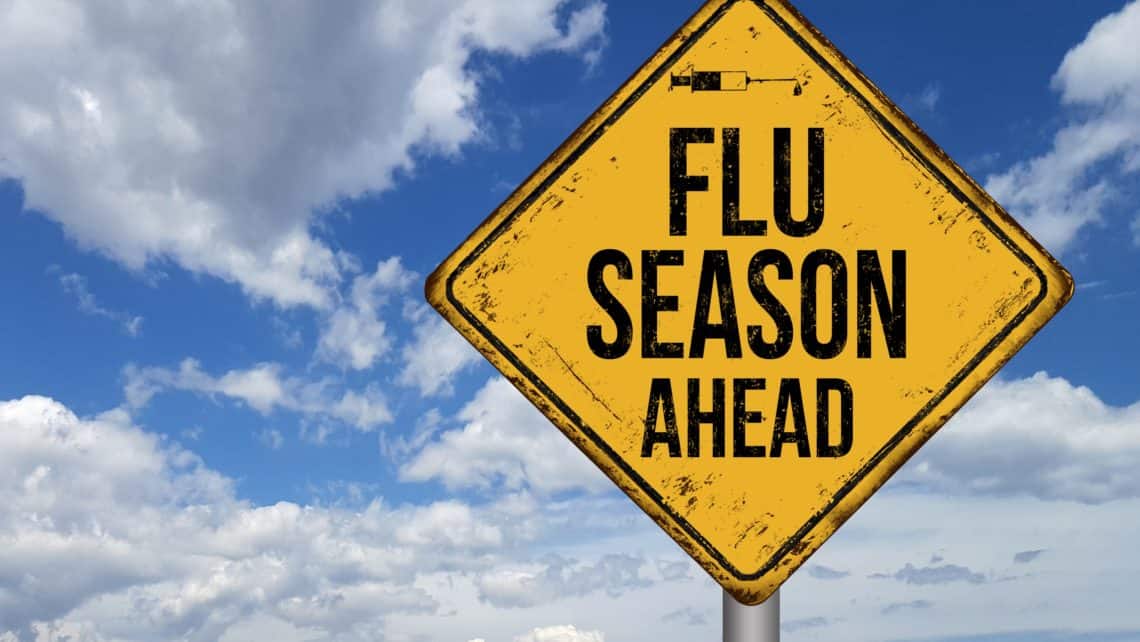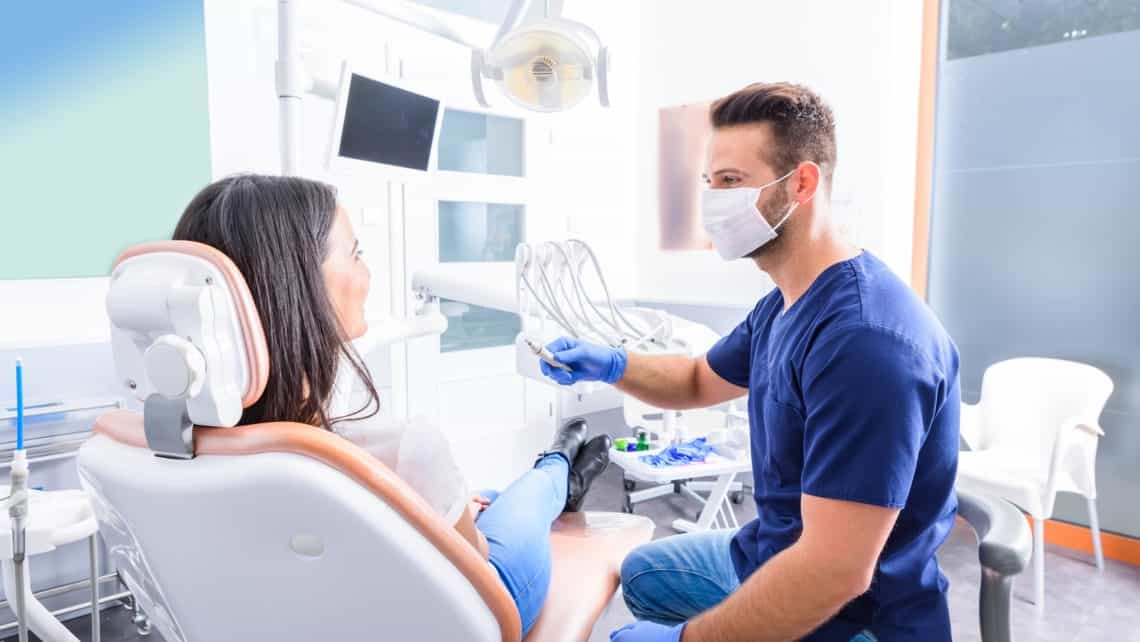Oral health
How do I get rid of a toothache?
A toothache can be a frustrating and unpleasant experience. No matter what time of the day or night it may be, people want to find an effective pain reliever to
Is being vegan bad for my teeth?
Veganism is growing in Australia and sales of vegan-friendly foods have soared over the past five years while beef and lamb sales have stalled and is predicted to start going
Oral Care and the flu season
While the world is reeling from the effects of COVID-19, it is also prudent to remember that the winter season in Australia is about to start, and thereby the flu
Is it Safe to Visit the Dentist?
With the coronavirus disease now deemed a pandemic by the World Health Organisation, the Australian Dental Association provides updated information about preventive measures that should be applied by dental clinics.
Dentist Brisbane Tips: Why Consider Professional Teeth Cleaning?
Even if you brush and floss your teeth daily, you still need an expert oral care from your dentist. A professional tooth cleaning helps improve your oral health and hygiene through a comprehensive cleaning of your teeth and gums. Your dentist and dental hygienist have their own specialised way of enhancing the health of your mouth with the help of professional dental tools designed for effective removal of plaque and bacteria build-ups that surrounds your teeth.
How to Treat the 10 Most Common Mouth Problems

Oral health: Discover Mouth-Body Connection

Enjoyable Ways to Brush Baby Teeth
 Baby bottle tooth decay is one of the challenges parents might face as their little child grows up.
Baby bottle tooth decay is one of the challenges parents might face as their little child grows up.
In this case, parents must introduce and show the importance of oral hygiene to their children as early as possible.
Through this, you can help your baby gain healthy teeth and mouth for life.
Gums and Baby Teeth Care
If the baby is not yet teething, you can start the hygiene routine by cleaning their gums.This doesn’t involve the usage of toothbrush and toothpaste. Here are the steps parents must do instead:
- Use a soft, moistened piece of gauze or washcloth
- Clean your baby’s gums gently twice a day, especially after feeding
- Do the same routine before bedtime.
The Significance of Dental X-rays in Brisbane
 People have individual oral care demands. That is why, how often you require dental x-rays varies in your particular oral wellbeing. On the other hand, if you are vulnerable to tooth decay, your dentist may suggest dental x-rays yearly to check for weak areas so as to treat them before the decay develops.
People have individual oral care demands. That is why, how often you require dental x-rays varies in your particular oral wellbeing. On the other hand, if you are vulnerable to tooth decay, your dentist may suggest dental x-rays yearly to check for weak areas so as to treat them before the decay develops.
Children and teenagers may necessitate X-rays more frequently compared to adults since their teeth and jaws are not yet totally developed. In addition, your dentist will get X-rays before a procedure like root canal or tooth extraction. Beyond all this, dental x-rays have various to offer for an optimal inspection of your oral health.
Why Dental X-rays Are Done
Dental X-rays help your dentist find problems in the mouth. It is often done to discover issues early before any symptoms exist. This involves:
The Significance Of Hygienic Tongue to your Oral Health
 You might have stumbled upon a tongue scraper when you are in a store shopping for your daily needs at home.
You might have stumbled upon a tongue scraper when you are in a store shopping for your daily needs at home.
But for sure, it never came to your mind how this simple and lifeless tool could enhance your oral health extraordinarily; thus, you just walked past it and never turned for a second look. Tongue, along with your teeth and gums, requires utmost attention so you can achieve a complete package of total oral wellness.
Your tongue is not just an important part of the body used for talking and chewing food; it also plays a crucial part in your immune system and oral wellbeing. Bacteria buildup on the surface of your tongue might cause health and dental problems such as respiratory complications, digestive issues, a compromised immune system, gum disease, tooth decay and many others. Cleaning your tongue every day is an effortless yet successful method towards admirable oral health.
Tongue is A Diagnostic Device
Similar to a human’s skin, the tongue also reveals the condition of your health. It is a mirror reflection of internal organs. It is mapped out to show different parts of your internal body. Just by looking at your tongue in the morning, you can learn a lot what is happening in its certain sections. And just acupuncture, you actually stimulate and massage those internal organs through scraping your tongue.













